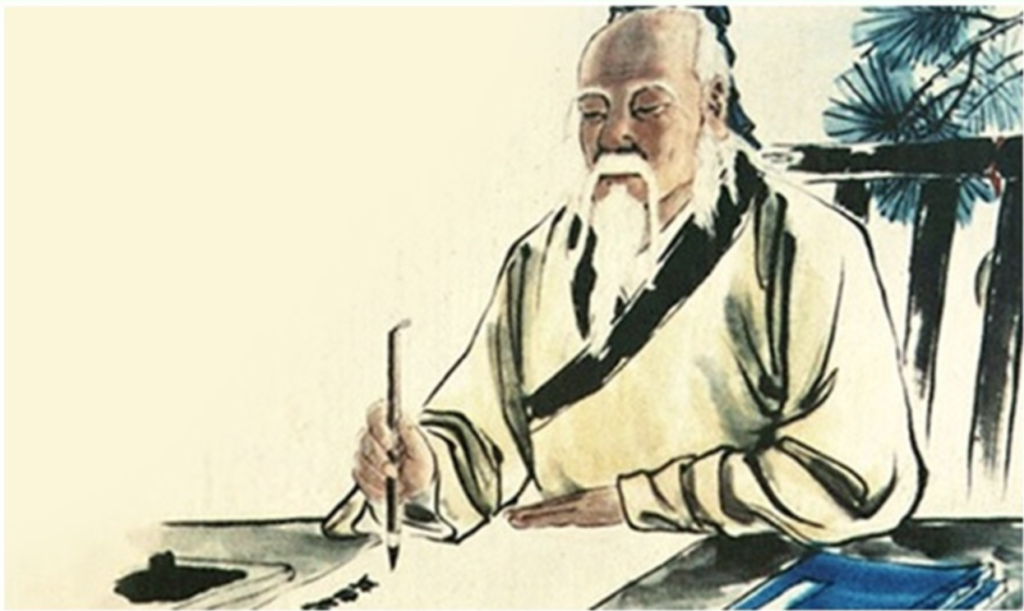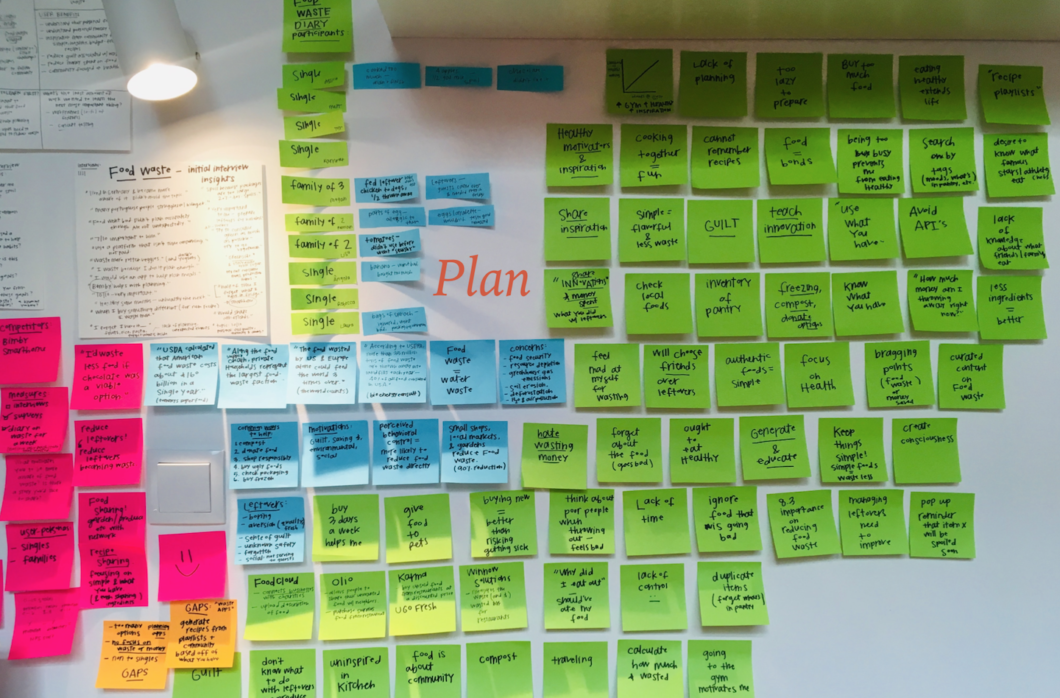Most of us go throughout our days in auto-pilot. Eat, sleep, work, repeat has become a mantra for the frenetic pace of the daily grind. That’s why taking regular Personal Retreat Days is so important – it interrupts the habitual flow of mindlessly moving from one day into the next and gives you a blessed opportunity to simply THINK and BE.
The mental work in a Personal Retreat Day involves looking back (reflecting) and looking towards the future (planning). We’ve already discussed reflecting. Now it’s time to take those insights and use them to benefit your future self.
When you think of planning, what comes to mind? Do you think of a calendar and appointments (short term)? Or mission/vision/values/goals (long term)? I use my personal retreat days to work on both kinds of plans. When it comes to the planning phase of my PRD I’ll first take out my calendar and glance at the month ahead. What’s on the horizon? Is it already a full month bursting at the seams with lots of projects, or do I have plenty of margin to work with? The answer to that question determines my next step in the planning process. Let’s say it’s a month with lots of open space. The possibilities to fill that space are endless – and if it’s not planned out, life has a way of filling those voids with activities you didn’t even intend to do. So let’s avoid that trap and build a life by design, one month at a time!
PLANNING THE MONTH AHEAD
The very first thing I always do is schedule my next Personal Retreat Day. Putting it on the calendar sends a message to your brain that this is important! Value and protect the time you invest in taking care of yourself!
After that, think about your work and personal life commitments. Are those essential activities and people reflected in your calendar? If not, do you have space to add a block of time for a loved one you haven’t spent quality time with lately? Alternatively, have you allowed others to hijack your precious time with non-essential invitations? It’s OK to uncommit to something you put on the calendar months ago that doesn’t make sense for you now – I hereby grant you permission to graciously bow out of your second cousin’s Pampered Chef party!
If you have a big project on the horizon, now is a good opportunity to carve out solid chunks of time to devote to working on that project. I’m currently working on pre-production for a small indie movie, and that takes a lot of focused, deep work. Of course, other “life” things are constantly nudging me for my attention, and if I don’t block out times in my calendar to devote to working on the movie, I can find myself in a world of hurt down the road. (Small plug for Caveday here – this is a fantastic “deep work” online accountability community. I’m actually in a “Cave Session” right now as I write this!)
SHORT-TERM GOALSETTING
It’s June as I write this, so let’s quickly fast forward past the month just ahead of us and look towards the second half of the year. A three- or six- month span is a good chunk of time to think about short term goals. Here’s a framework to guide you as you think about what you want to accomplish by the end of 2022:
- Divide your life into segments – physical, mental, emotional, spiritual, relationships, work, long-term projects. Evaluate how you currently feel in each area. What’s going well, what needs a boost? Or a new creative idea? Or some structure, accountability, framework, organization?
- In each area, is there ONE goal you can set for the next 3 to 6 months? Make sure it’s measurable – how will you know if you’ve accomplished it? For example, my 2022 long-term project goal is to write a book on Personal Retreat Days. I will know if I’ve accomplished this goal if I have a solid draft of the book (not just an outline) that I can share with close friends and family to proofread by October, and have a final draft ready to pitch by December.
- For each of your long-term goals, is there one step you can take for the month immediately ahead? For example, this month I can finish a chapter of my book. Note: for some areas in your life, the status quo may be just fine – don’t feel pressure to add a goal in each area. And pick no more than ONE goal to focus on in each area!
- Daily accountability – Write down your goals & look at them daily. Some goals may lend themselves to keeping track of your progress daily or weekly, such as “walk 10,000 steps every day.” Keep a scorecard and make a checkmark every time you walk 10,000 steps. It’s a no-guilt dopamine rush to check off that box every day!
EVEN LONGER TERM PLANNING
Once your upcoming month is planned out, a Personal Retreat Day (or weekend) provides a perfect opportunity to think about long-term goals. This is the type of planning you might consider doing annually, not monthly. January is an obvious time, but you can really do this any time of year – think about doing it on an extended weekend retreat. Dream far, far in the future – think about your lifetime vision/mission. What’s your big WHY? Think about and write down what you want out of life: in one year, 3 years, 5 years, 10 years. What are your core values? What’s your life philosophy, or your life mission statement? Do you have a vision board? A PRD is a good time to create one!
You’ll probably only work on this type of planning once a year or once a quarter, but I recommend that you review your long-term plans every month to help you focus on where you’re headed. Once your long-term plans are established, they actually drive the short-term planning. A good question to ask yourself regularly is, are my daily activities getting me closer to reaching my long-term goals?
Your life is not static, and your long-term plans will inevitably change. That’s OK! It’s actually more than OK, it’s wonderful! That means you are a human being, and you are growing and maturing as the years tick by. What you think you want out of life as a 20 year old is probably not what you want as a 40 year old. Make adjustments to your long range plans and goals accordingly.
I hope this article gives you inspiration to dream big, and plan your steps toward success – however you define it. I’ll leave you with more inspiration from Lao Tzu:

“Watch your thoughts, they become your words; watch your words, they become your actions; watch your actions, they become your habits; watch your habits, they become your character; watch your character, it becomes your destiny.”
Lao Tzu

